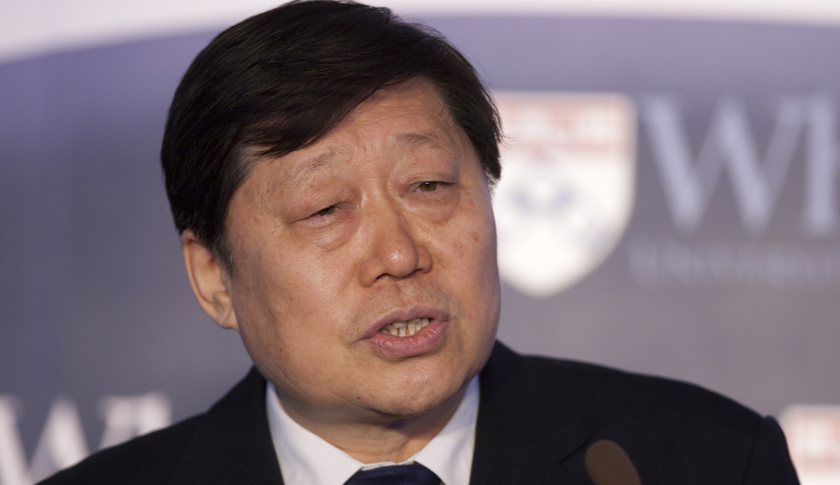In the first six months of 2016, Chinese companies have already spent more on foreign M&A deals than they did in all of 2015, when they disbursed a full year record of $111 billion. You can thank a years-long trend of Chinese companies expanding abroad for part of the news—there is the natural tendency of well-capitalized foreign companies to go shopping on the foreign stage—but there’s also the more recent pressure of China’s declining currency and its own slowing domestic economy.
The largest deal this year is China National Chemical’s $43 billion bid for the Swiss Syngenta (SYT), which composed almost 40% of this year’s $111.6 billion total, according to a Reuters tally. The other big deals include HNA Group’s $6.3 billion acquisition of Ingram Micro, Haier’s $5.4 billion bid for GE’s appliance business, and Midea’s interest in German industrial robotic firm Kuka.
Not all the announced deals end up going through, of course. Anbang’s failed bid for Starwood (HOT) this year is a shining example of the regulatory slog Chinese companies face overseas.
But China watchers like Bill Curtin, global head of M&A at Hogan Lovells in Washington, D.C., expect the waves of Chinese money to continue flowing outward even as Chinese regulators pressure foreign outflows out of fear that they could weaken the yuan even further.
Between the yuan, the Chinese economy growing far more slowly than few years ago, and China’s interest in foreign technology and assets, Chinese companies have plenty of reasons to spend.






